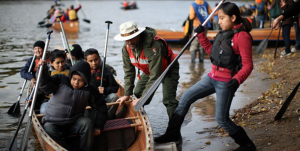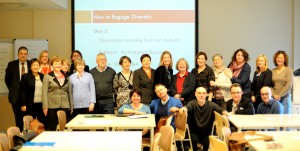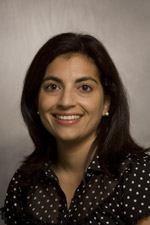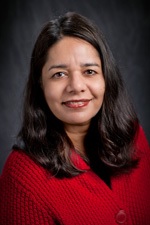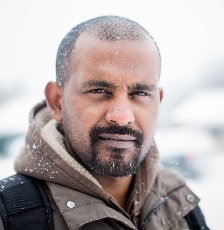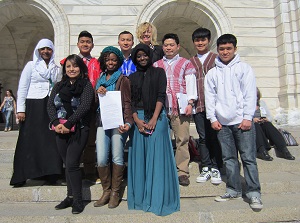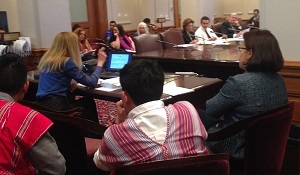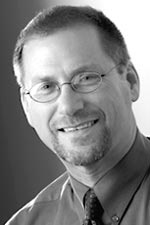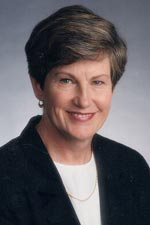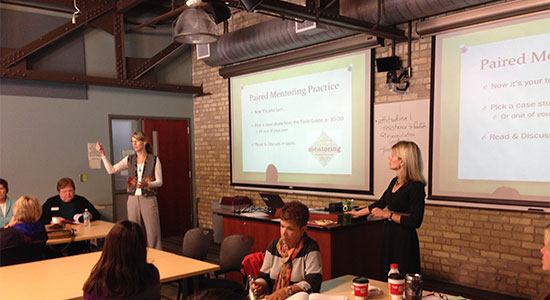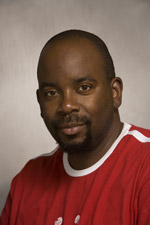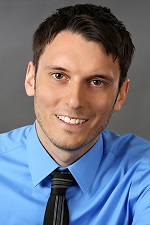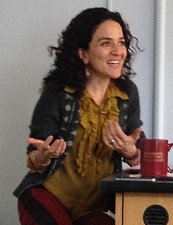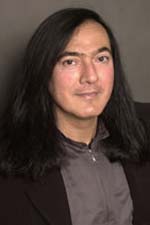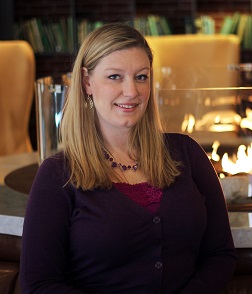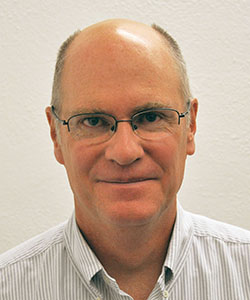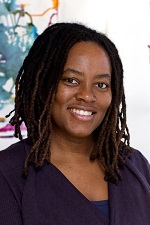 Eyenga Bokamba is a true renaissance woman. She’s a teacher and devoted youth worker, an artist and a community builder. Recently Saint Paul Mayor Chris Coleman appointed Bokamba to the role of director of Sprockets, a network of many different after-school and summer programs for youth in Saint Paul, Minnesota. Sprockets builds collaboration between community organizations, the City of Saint Paul, and Saint Paul Public Schools.
Eyenga Bokamba is a true renaissance woman. She’s a teacher and devoted youth worker, an artist and a community builder. Recently Saint Paul Mayor Chris Coleman appointed Bokamba to the role of director of Sprockets, a network of many different after-school and summer programs for youth in Saint Paul, Minnesota. Sprockets builds collaboration between community organizations, the City of Saint Paul, and Saint Paul Public Schools.
Bokamba was recommended for her English language arts teaching license in 1999 by the Department of Curriculum and Instruction. We had the chance to ask Bokamba about her experiences at the College of Education and Human Development and how those experiences inform her work.
Tell us a little bit about you. What do you do in your free time? What are some key personality traits?
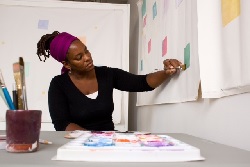 I’m a problem-solver and a collaborator. This is something that comes out in my work with Sprockets, and also in my free time, when I work as an artist.
I’m a problem-solver and a collaborator. This is something that comes out in my work with Sprockets, and also in my free time, when I work as an artist.
Let me explain: I create large scale (48” x 48” is a typical size) paintings. In addition to paint brushes, I use tools like steel wool, cloth rags, sponges, spatulas, and other utensils to apply acrylics and calligrapher’s ink to canvas.
It’s an abstract form of art, so I’m not looking to capture a specific shape, but rather a mood or feeling. I really enjoy watching the forms take shape, and seeing the colors interact as the paint is applied to the canvas. Sometimes it’s the open spaces in between the color and shape that speak to me — when the painting has the right feel, then I know it’s done.
While I’m watching the colors and shapes interact and take form on paper, they help me see the interconnectedness in other areas of my life. For me, working on my art often inspires me to find collaborative solutions to challenges in my work.
What gets you excited about your work? What really motivates you?
I’m motivated by collaboration and shared vision. I love listening to other people explain their vision and get excited when we start to develop an understanding of how our shared goals intersect and are complimentary.
This is a passion that I’m excited to bring to my new position with Sprockets. I’ve been a teacher and a youth-worker. I’ve worked with non-profits and government entities. I understand the constraints and challenges, as well as the joys and fulfillment, of the work of others. I’m able to authentically use the inclusive voice when I’m talking to teachers and youth workers, and that’s incredibly helpful in building collaboration and consensus.
I look forward to finding ways to reframe constraints, so that collectively we can do even more to build the social/emotional skills of young people in Saint Paul. Sometimes the biggest insights and gains are made when we question one another — together, we develop an even stronger understanding of what we can achieve, and how to get there.
What got you interested in/passionate about teaching? What will you bring to your new position from your education background?
I entered the teaching field after working in youth service. I was hungry for the opportunity to develop a long-term connection to a community. I’m happy I found this in my 13 years of teaching in the Hopkins school district.
While I was a student at the College of Education and Human Development, a professor invited me to visit his school in Hopkins. I jumped at the chance and fell in love with the language arts department overall: the breadth and depth of the class offerings, each teacher’s unique take on teaching and learning, and the district’s passion for excellence. Upon completion of my teaching certification, I joined the staff, and found myself surrounded by teachers who were so different from one another as individuals, yet shared this fervent passion for literacy, language, and learning. It was fantastic.
Here I was, right in the middle of this wildly diverse and dedicated staff, as someone who was deeply committed to the creative process. I found a community that was very receptive and supportive of my ideas about defining the pursuit of excellence as a creative challenge for students.
For example, I found that many of my creative writing students were good at figuring out how to please teachers and get their A. But I wanted a different challenge for my students — so I challenged myself as a teacher to create learning experiences that would be interactive, complex, and facilitate collaboration and community building. By the end of the semester, students were presenting their own original work as full-bodied one-act plays to the community.
I felt that my job as a teacher was to create the conditions for student success — let them find their voice, solve complex problems, share their vision — which all link directly back to the experiences I had as a student at the U of M.
Do you have a book you would recommend to anyone?
I love to take long walks, especially after reading The Examined Life: Excursions with Contemporary Thinkers by Astra Taylor. I find myself walking and thinking and ultimately changing aspects of my life for the better.
Do you have a motto or a set of words to live by?
You can get a lot done if you don’t care if your name is attached to it. I love sharing an idea and seeing someone run with it.
Visit teach.umn.edu to learn more about teacher education at the University of Minnesota. And, visit our Student Stories section to learn more about life as a student in Curriculum and Instruction.
